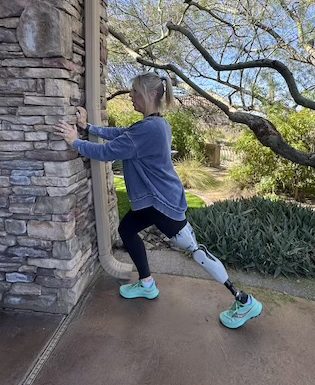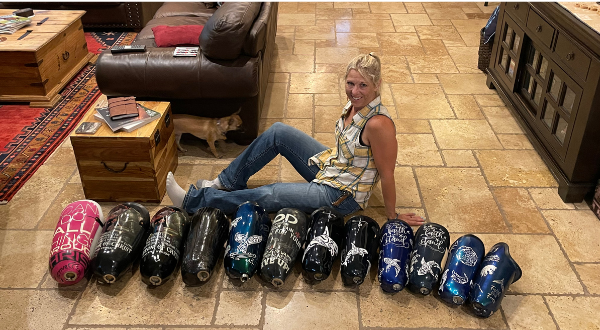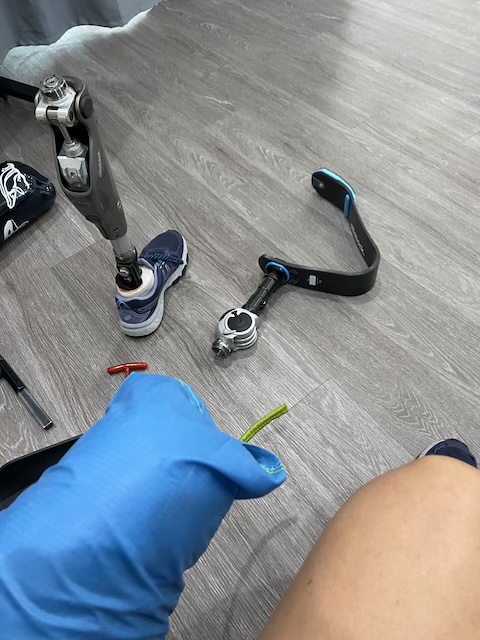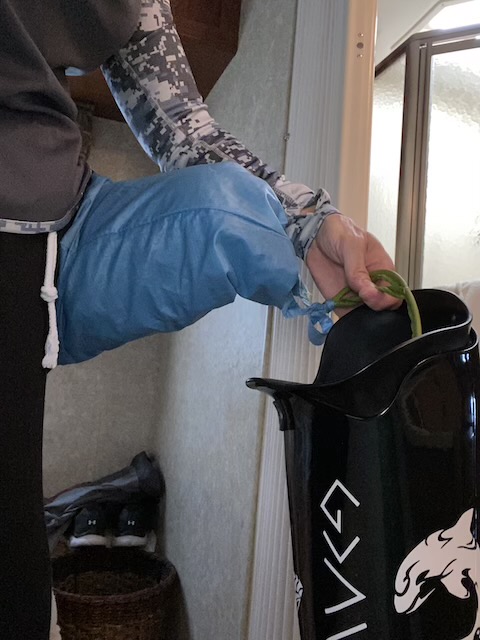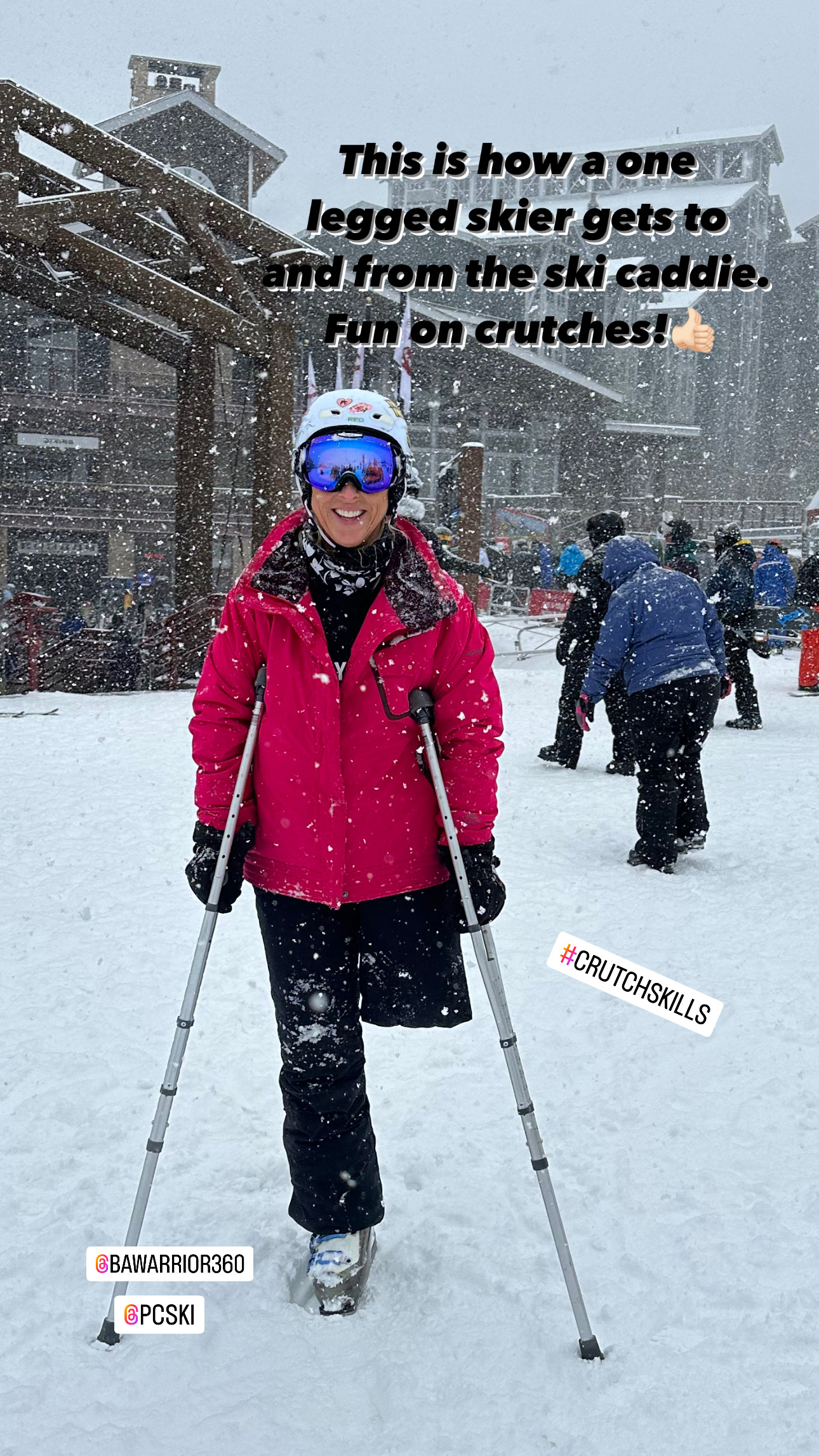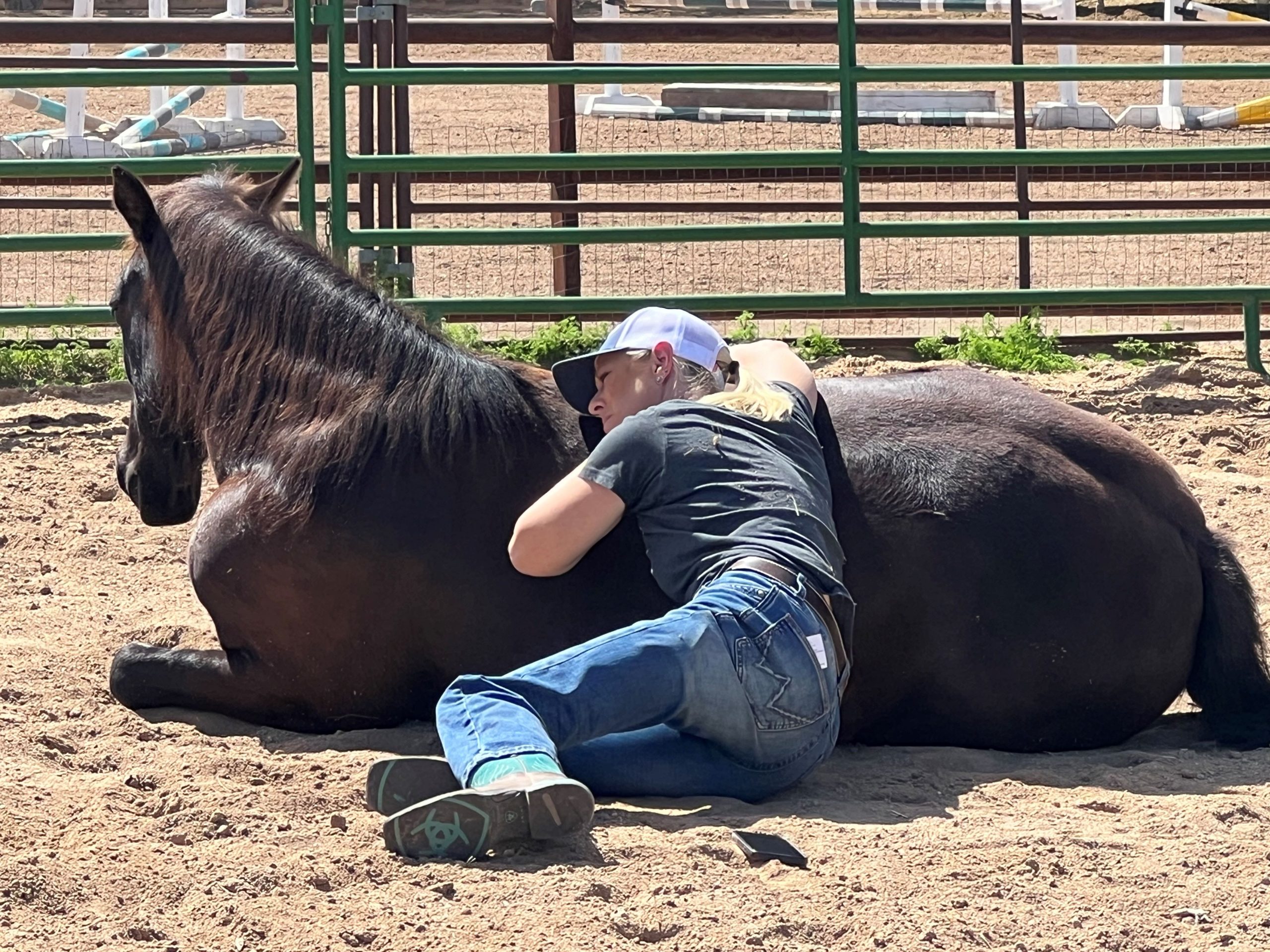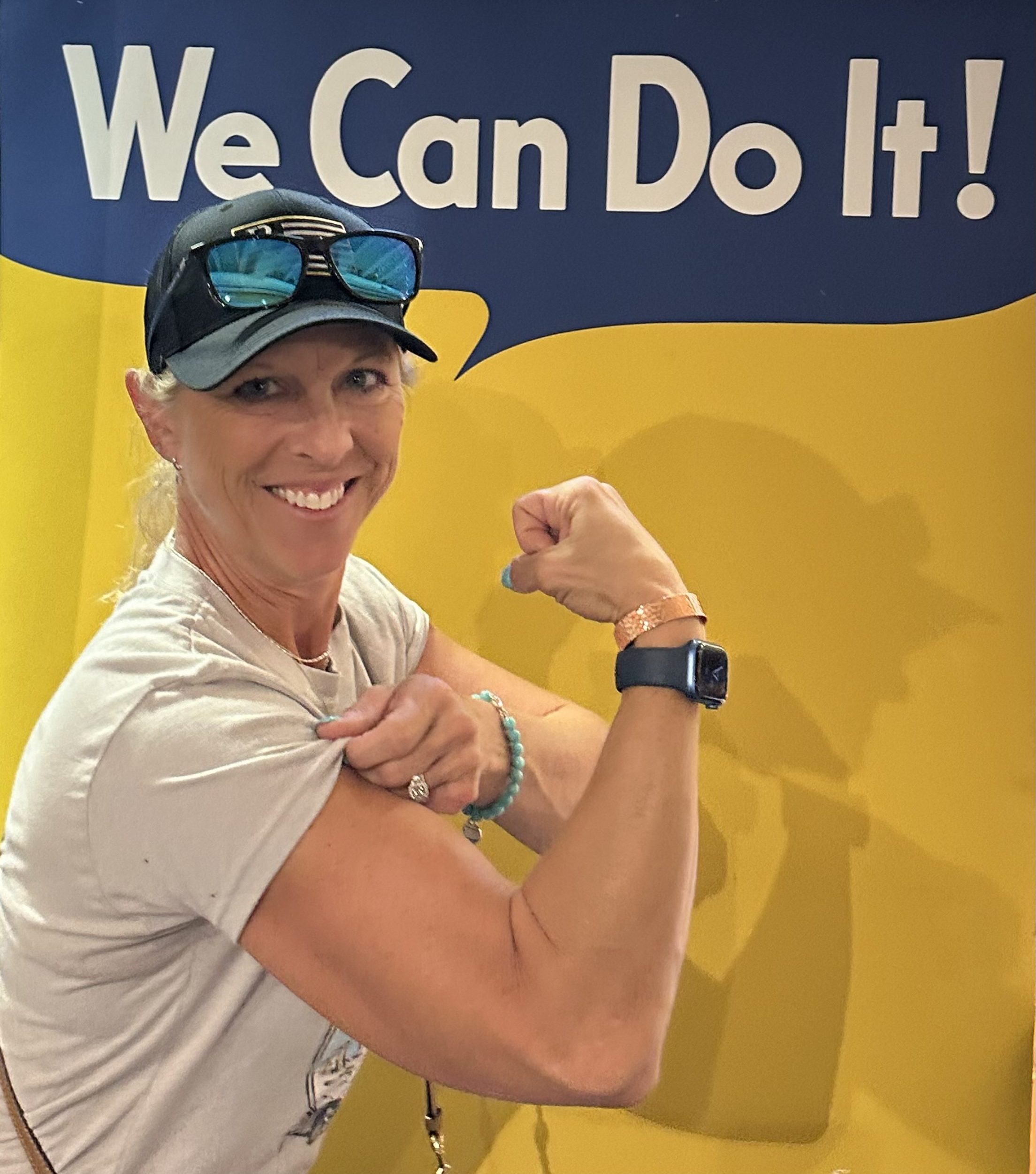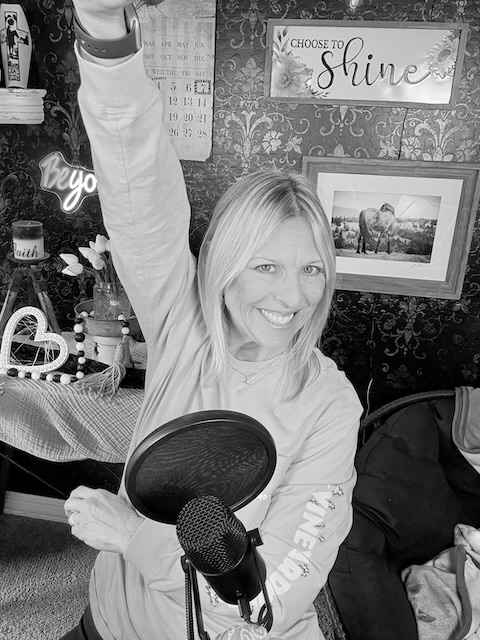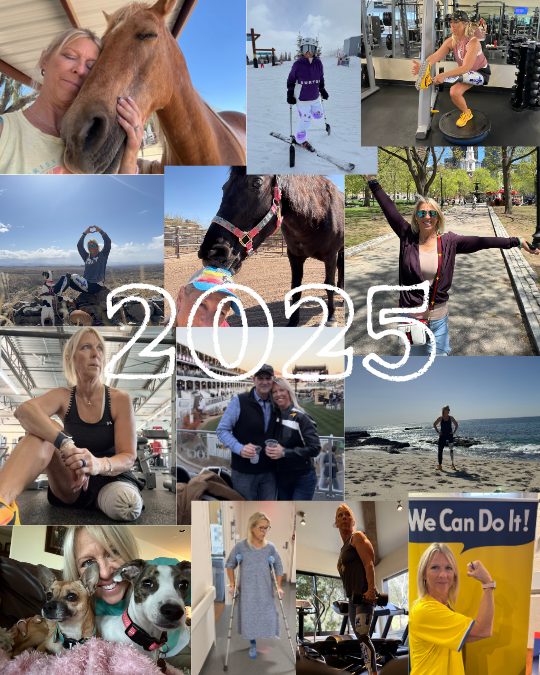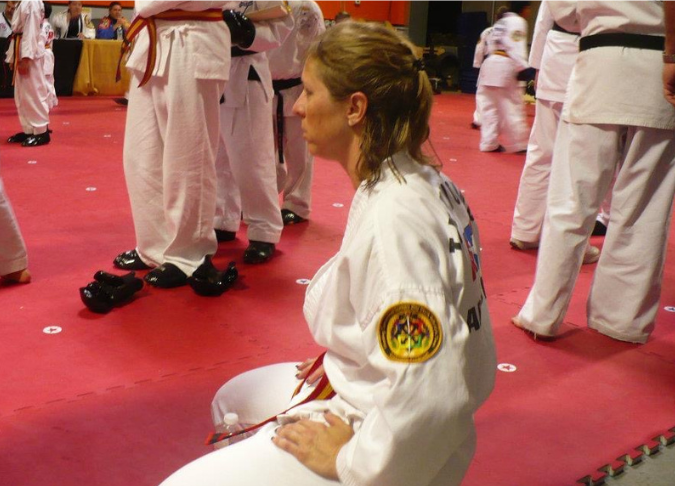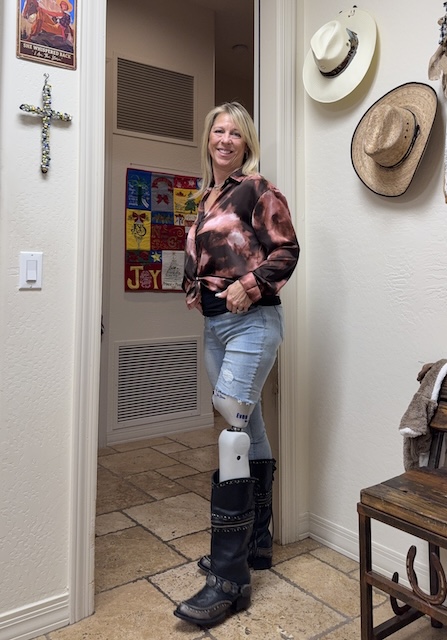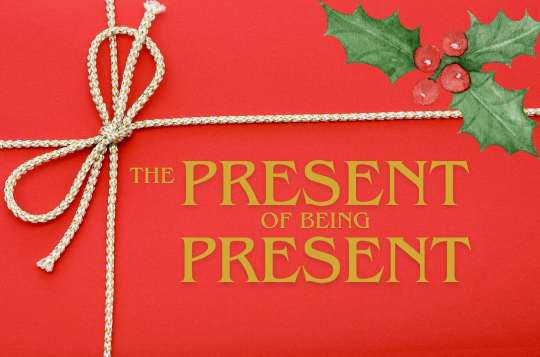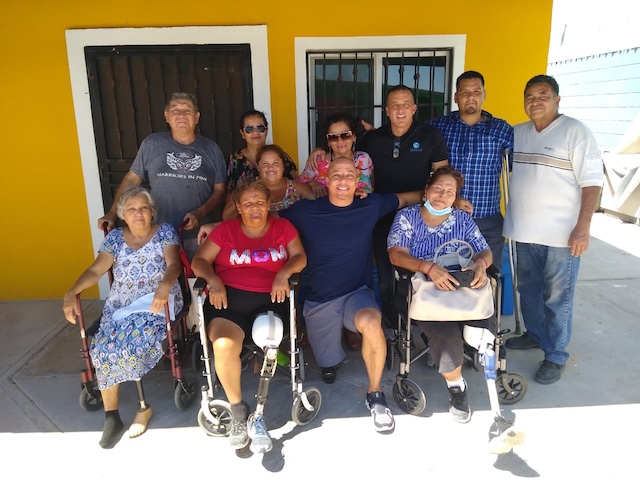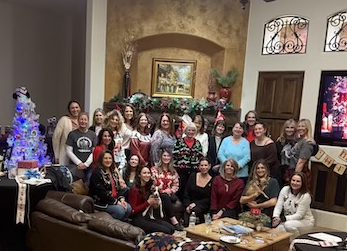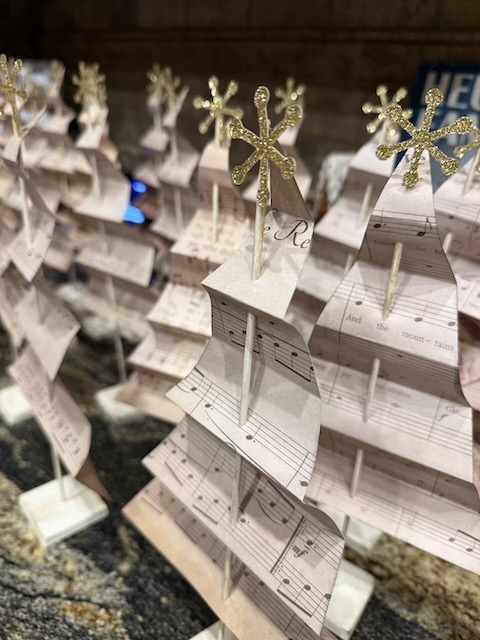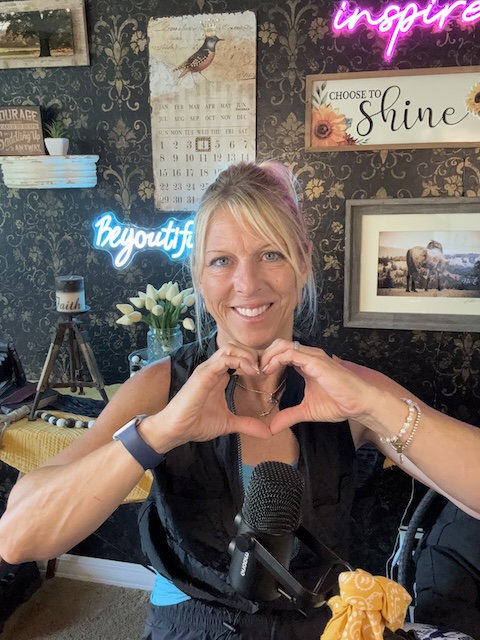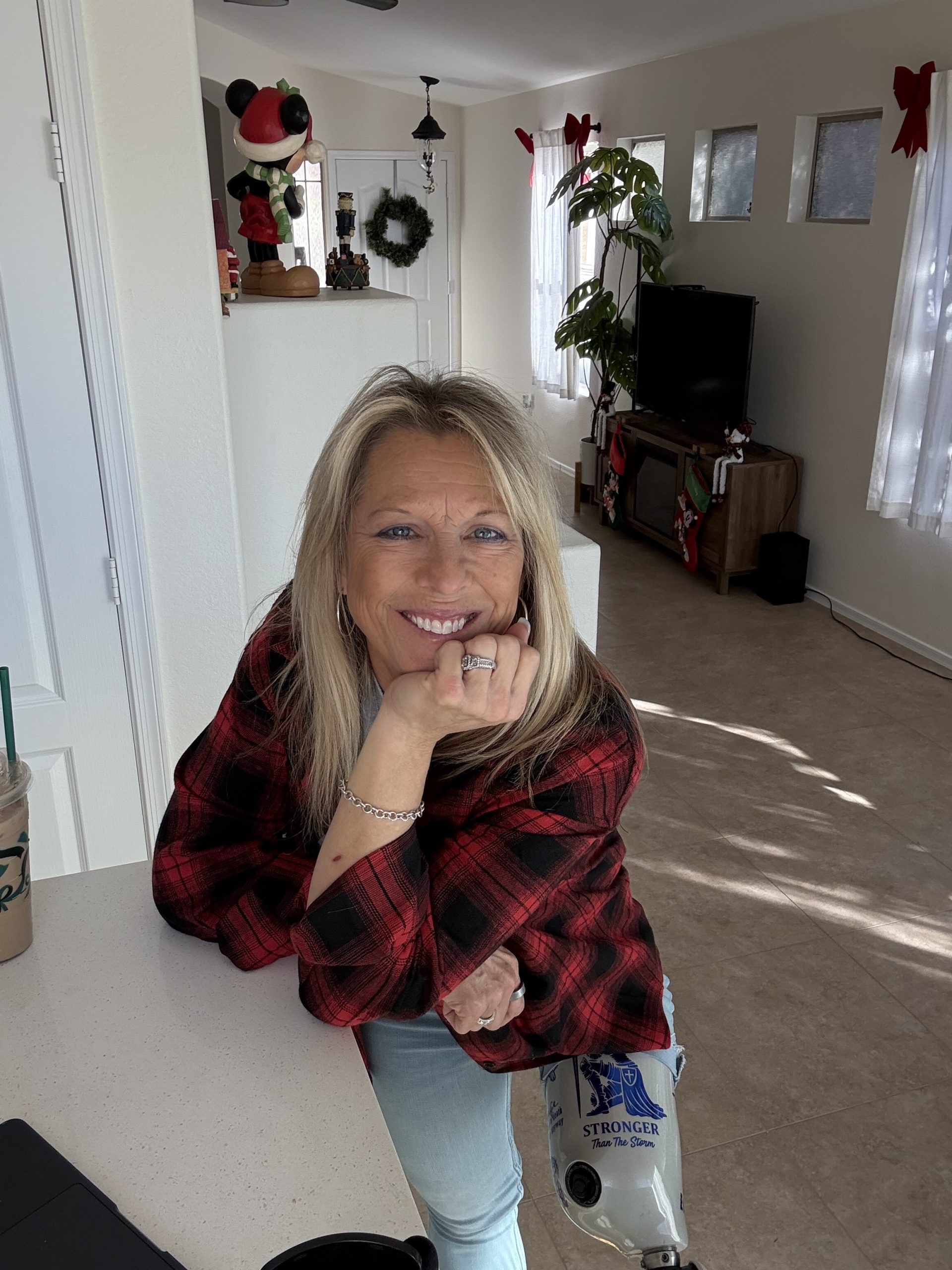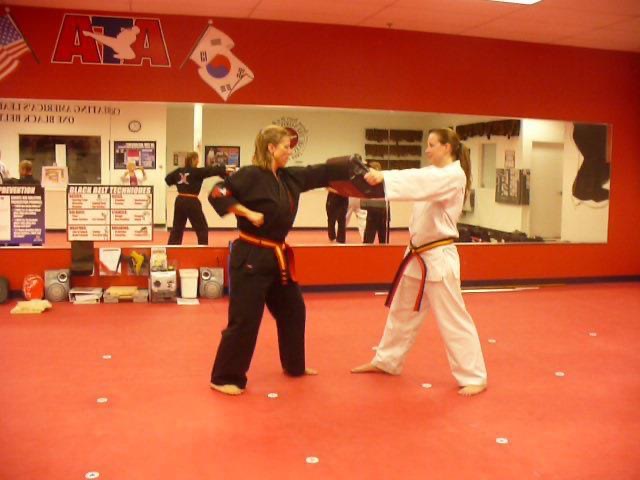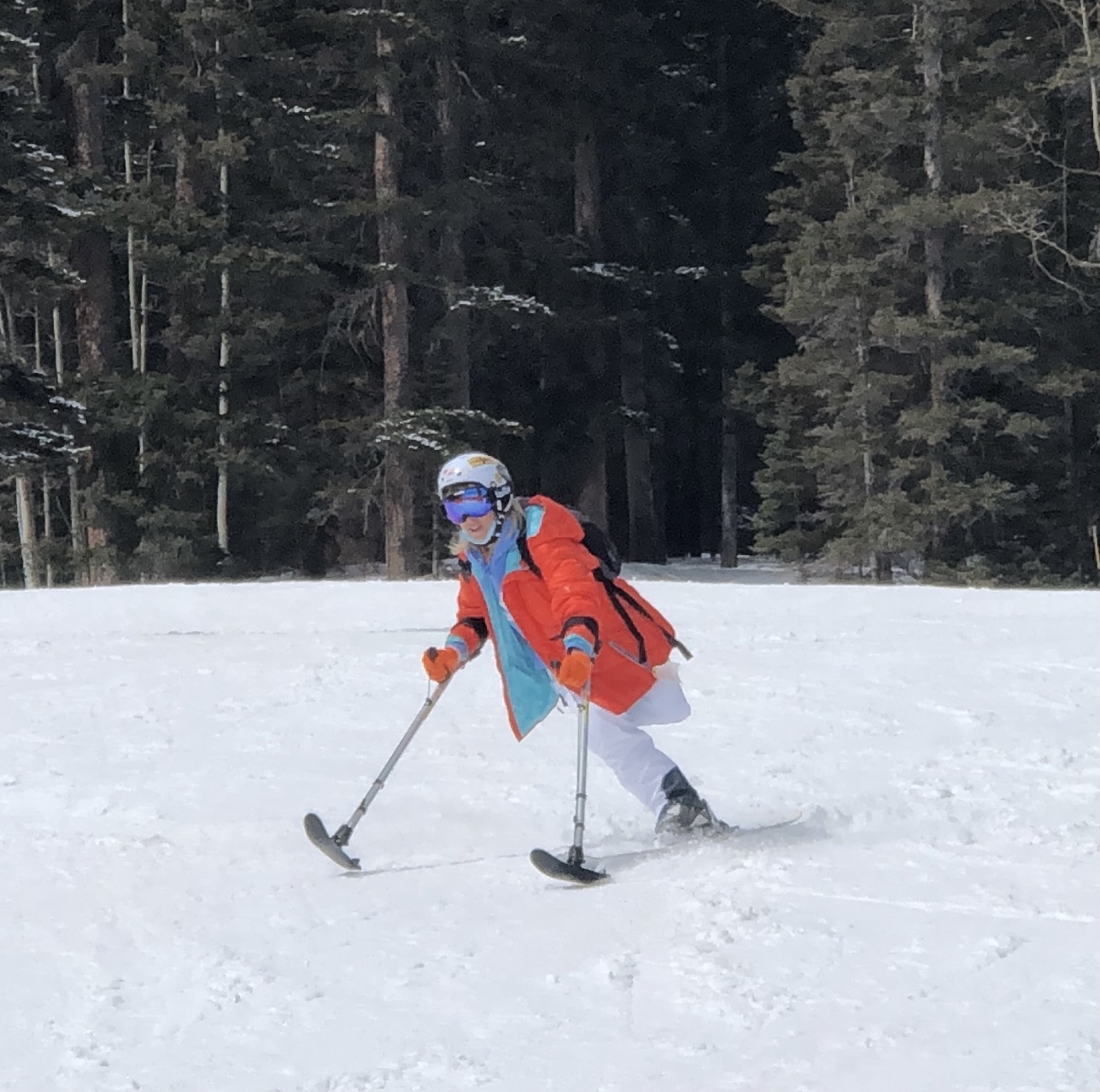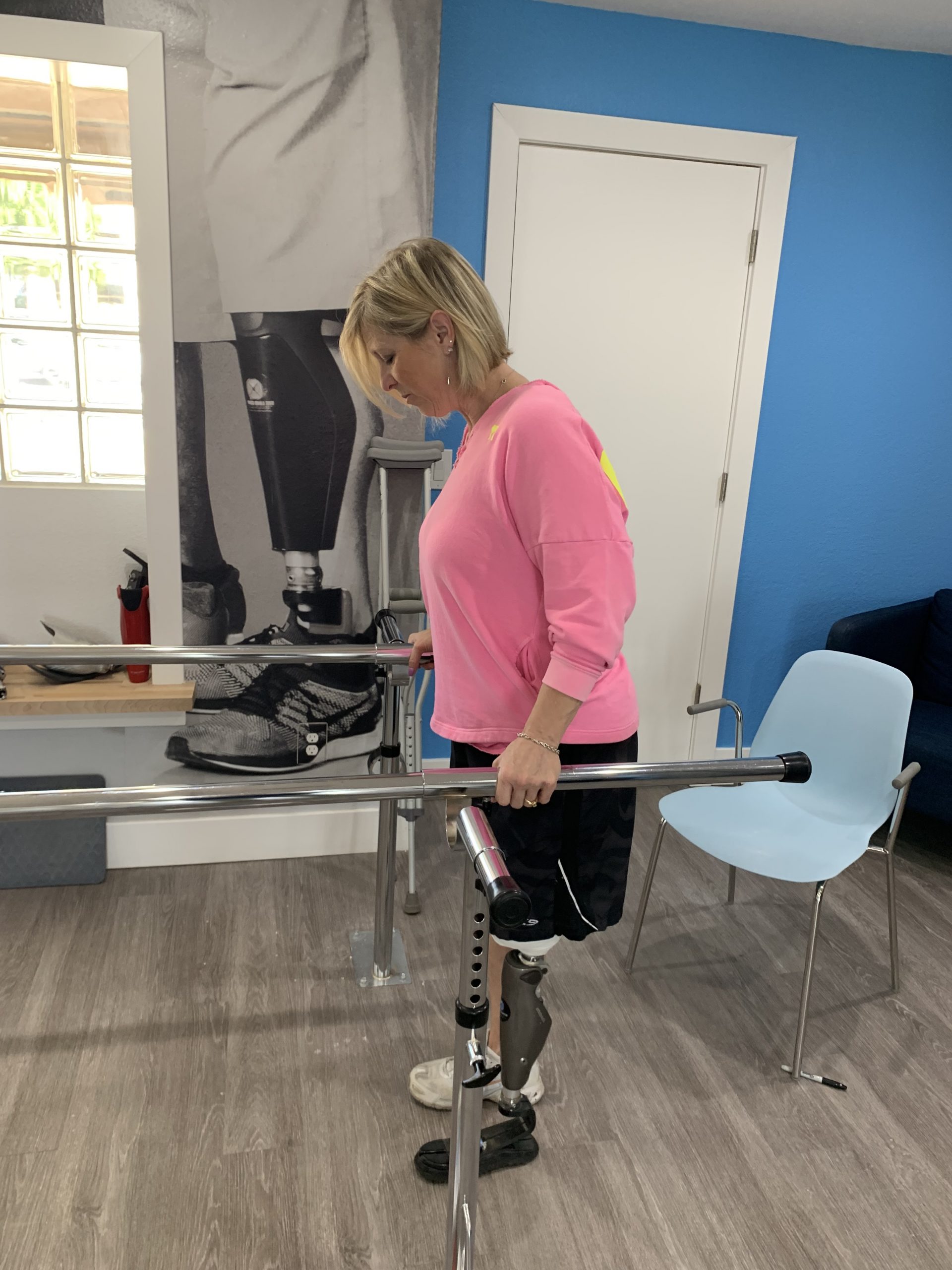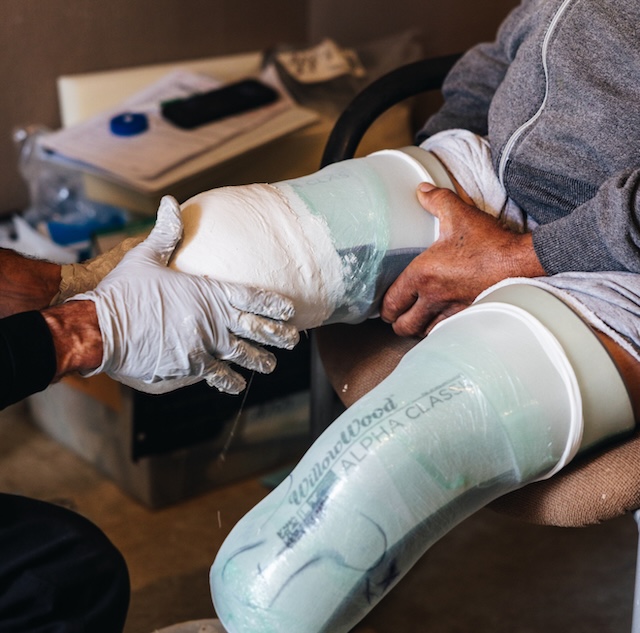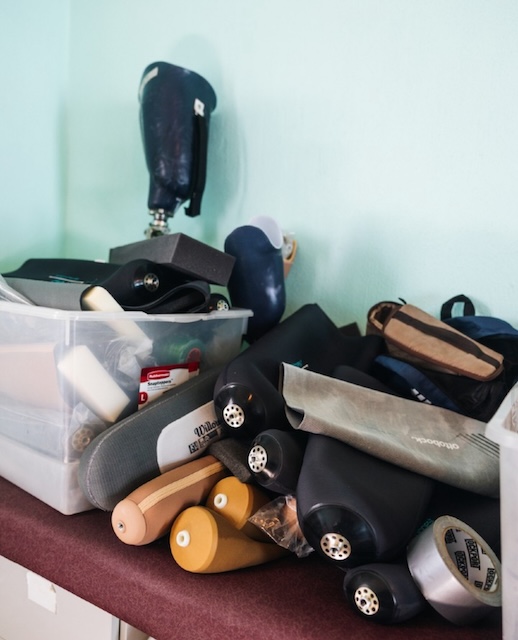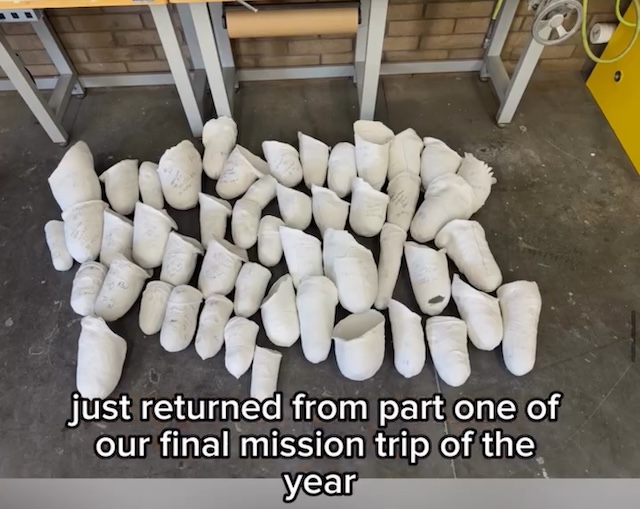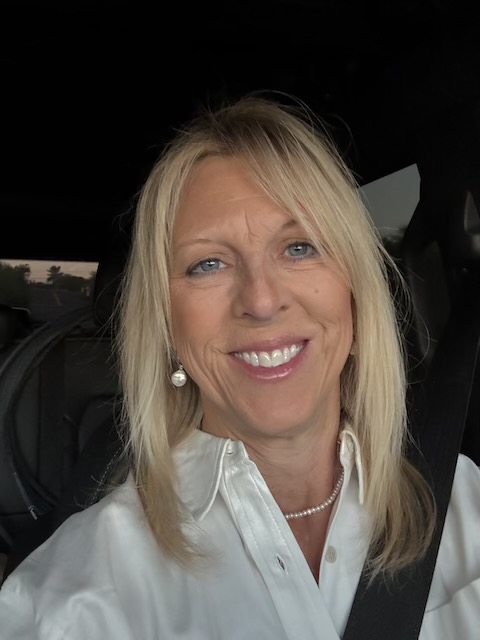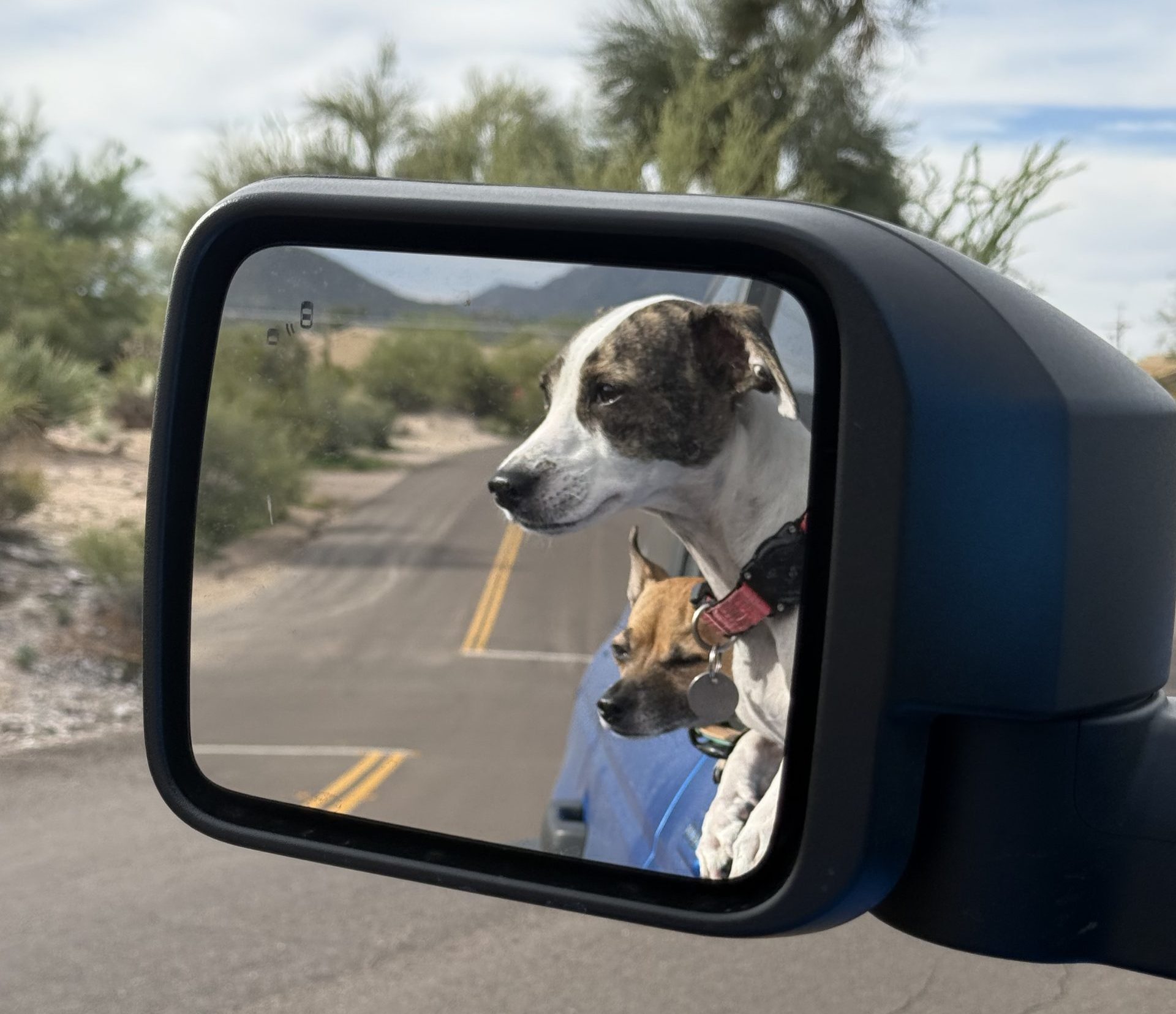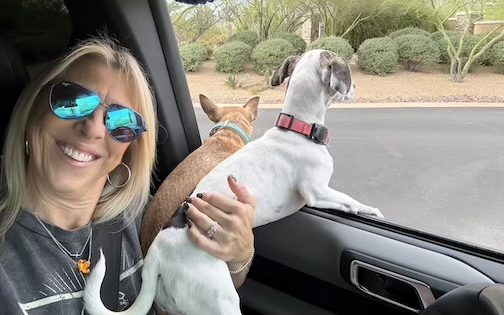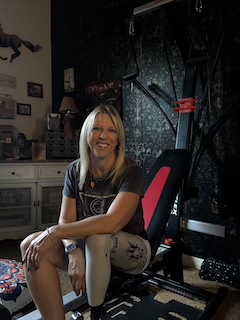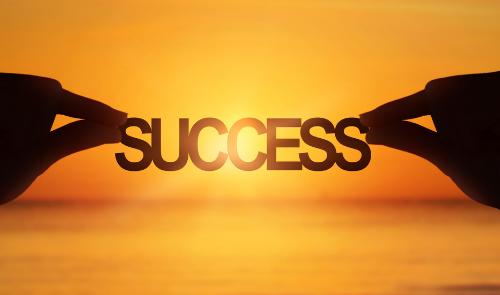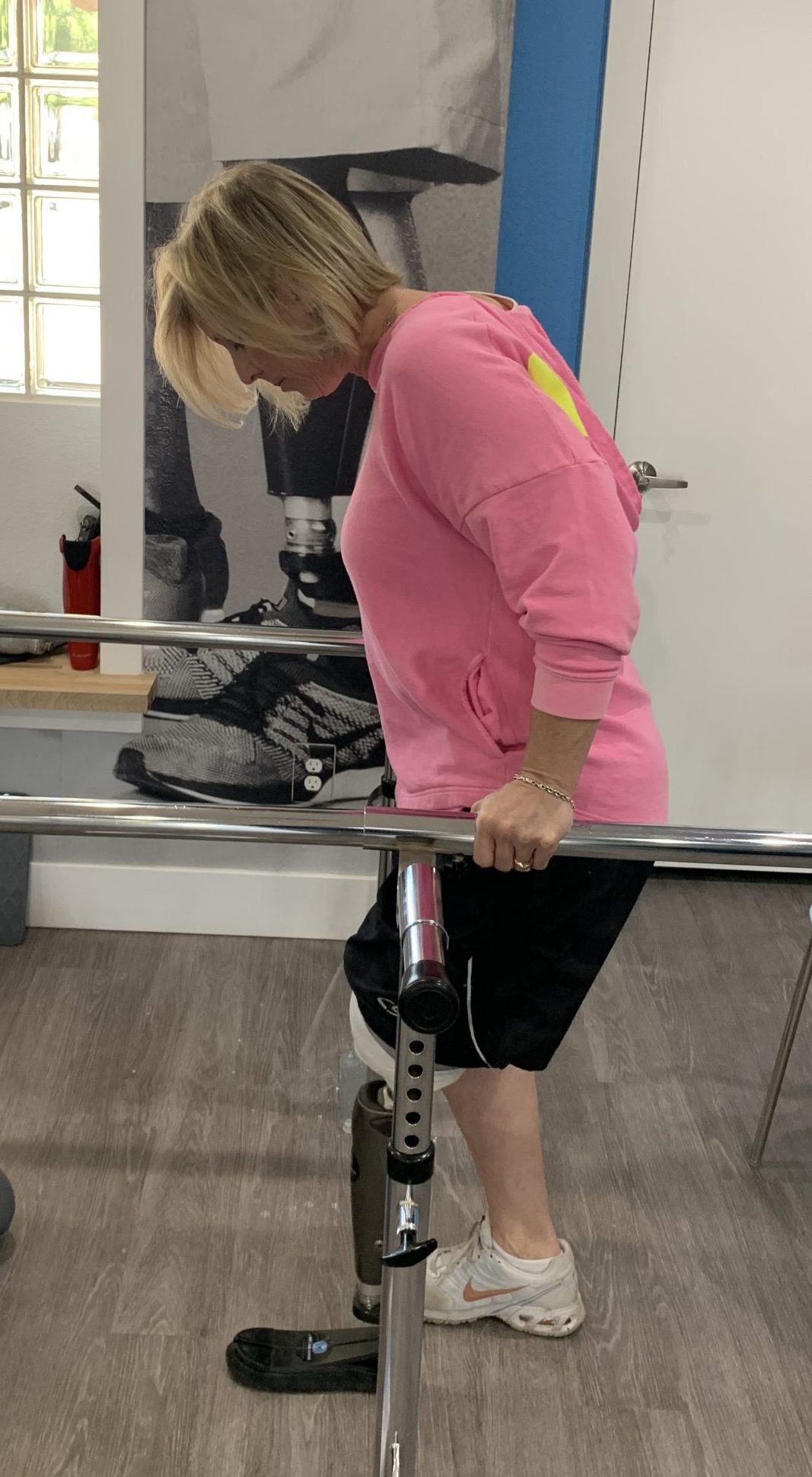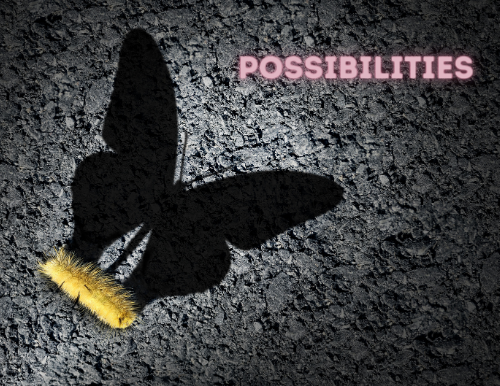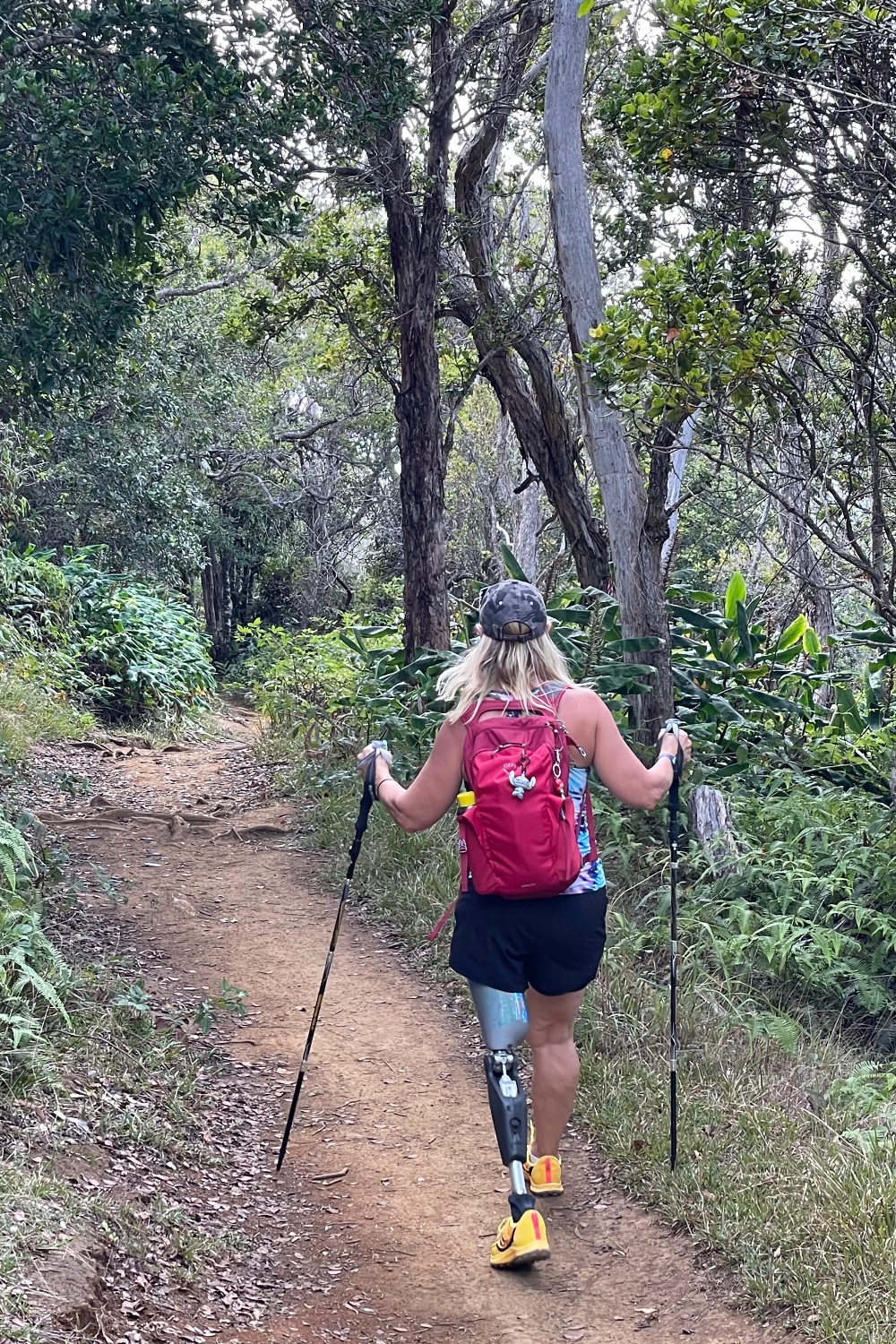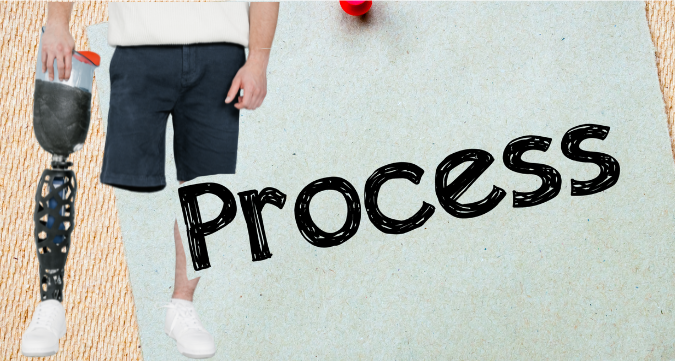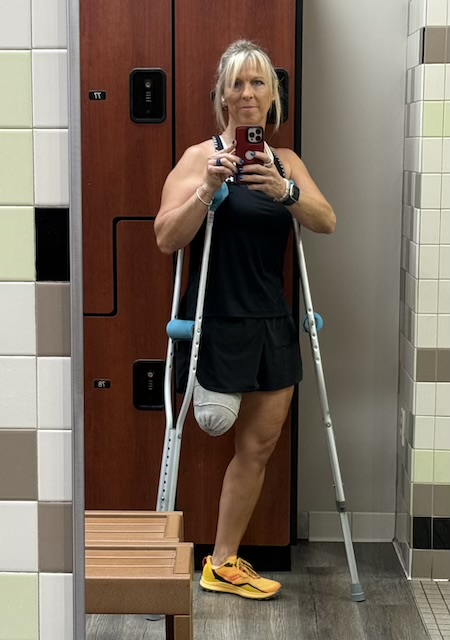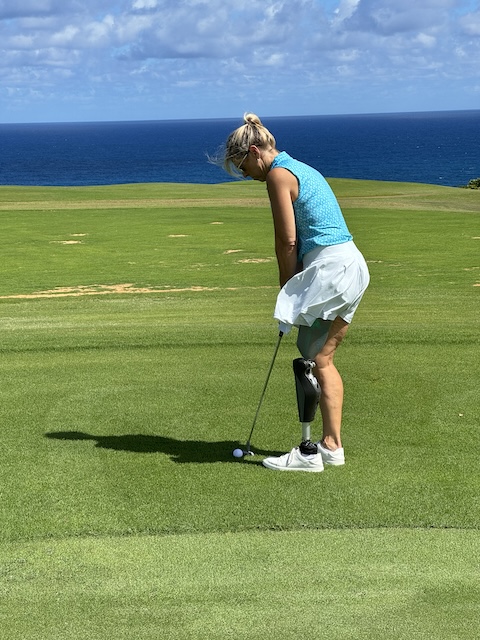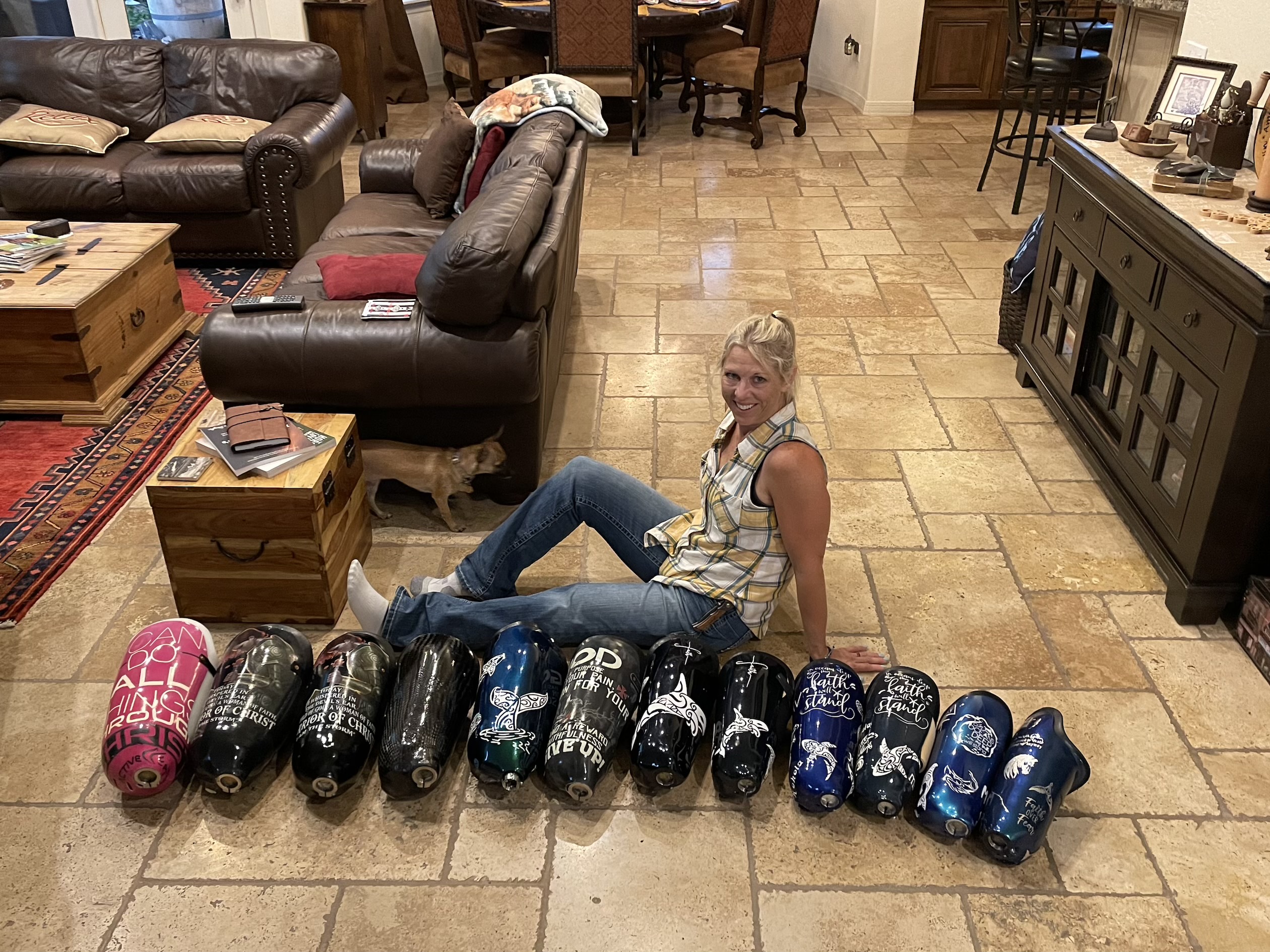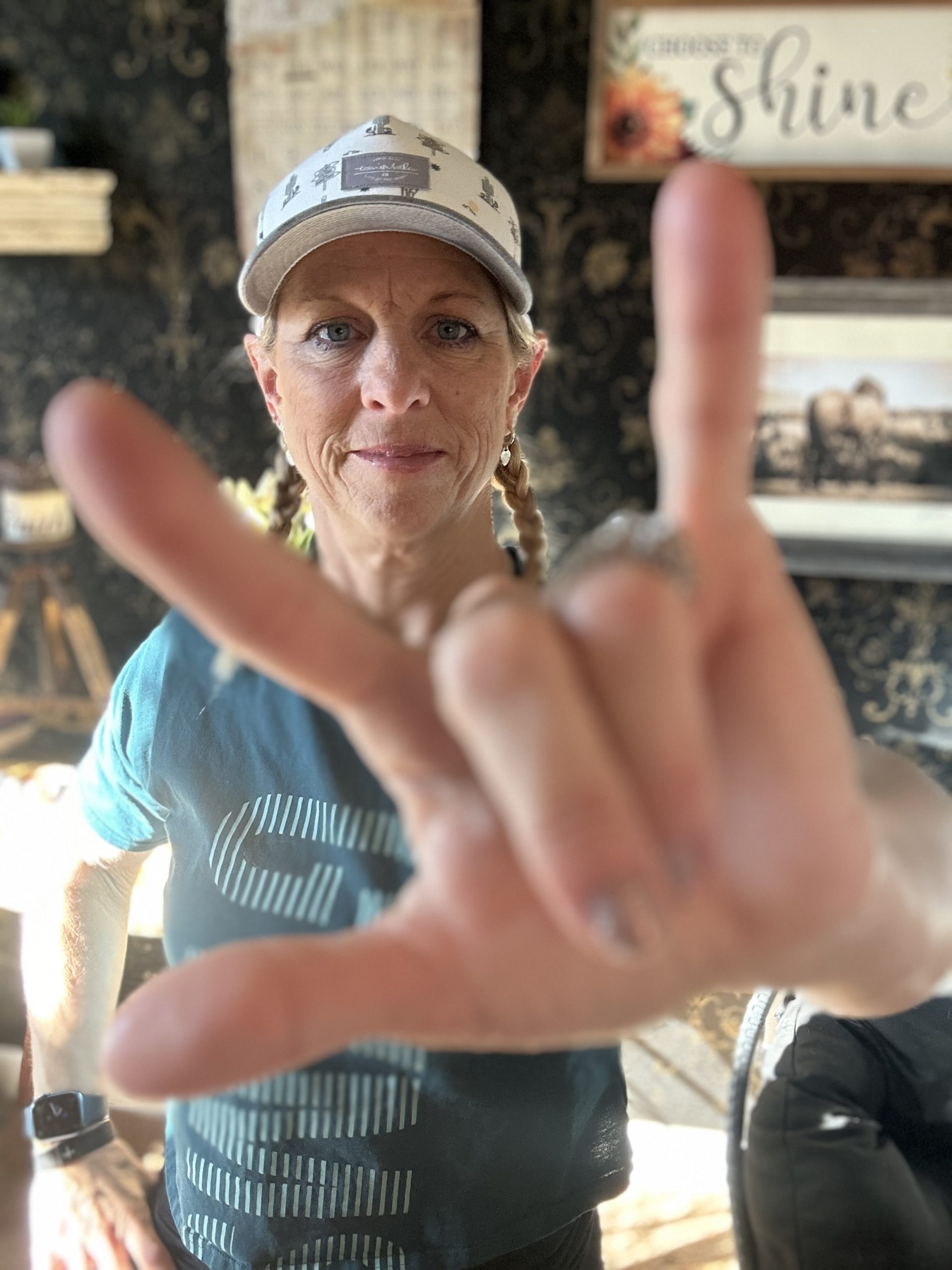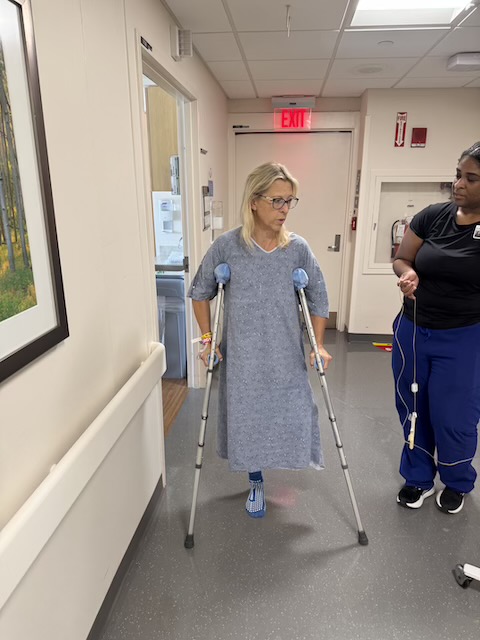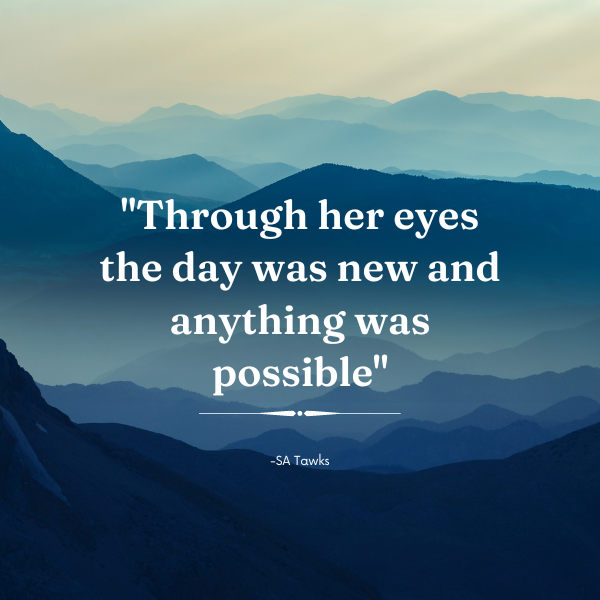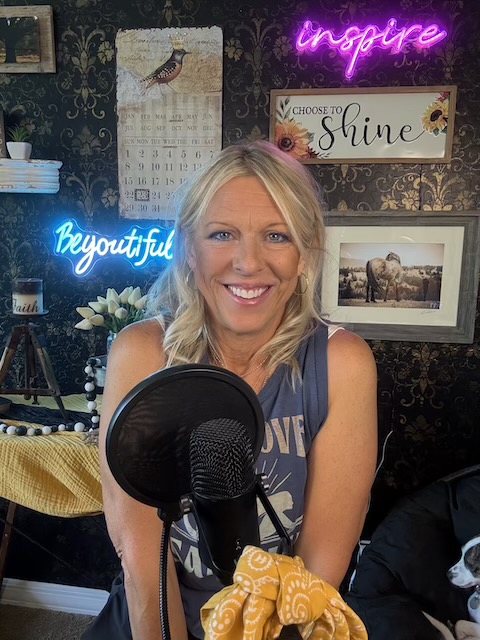Stop Waiting, Start Leading
Podcast: Play in new window | Download (Duration: 22:30 — 24.1MB)
Subscribe: Apple Podcasts | RSS | More
Using the Energy of the Fire Horse-Part 3

What if the thing holding you back isn’t your circumstances… but your waiting?
That’s the question I’m asking myself—and you—in this episode of Be a Warrior. As I move into my seventh year as an above-knee amputee and step into 2026, I feel a shift happening. A deep, unmistakable pull to stop waiting for life to feel easier, cleaner, or more predictable—and instead start leading, exactly where I am.
This episode is part three of my five-part series inspired by the Year of the Fire Horse, and if you’ve missed the first two, I highly recommend going back and listening. This series is building intentionally, because growth doesn’t happen in isolation—it happens in layers. In the first episode, I talked about movement, momentum, and fearless expansion. Not fearless in the absence of fear, but fearless in the willingness to move through it. As amputees—and honestly, as humans—we live with a lot of fear. Fear of pain. Fear of falling. Fear of how our bodies will feel tomorrow. Fear of what people see when they look at us. Expansion doesn’t mean fear disappears. It means we don’t let it decide our future.
Last week, we explored the bold, passionate energy of the Fire Horse and how powerful energy can work for us—or against us. Energy doesn’t discriminate. If you’re prepared, it can propel you forward faster than you imagined. If you’re unprepared, it can feel overwhelming and destabilizing. This year is not subtle. It’s loud. It’s demanding. And it’s asking us to participate instead of sit on the sidelines.
Which brings me to this week’s focus: leading instead of waiting.
If you’re not an amputee, let me pull back the curtain for a moment. Amputee life—especially in the early years—is dominated by waiting. Waiting for wounds to heal. Waiting for insurance approvals. Waiting for appointments. Waiting for test sockets. Waiting for remakes. Waiting for your limb to shrink, change, adjust, stabilize. Waiting for your body to feel like it belongs to you again. There can be more time spent waiting than actually living, and that kind of waiting is exhausting.
I’ve watched so many people—myself included—get stuck in that space. Not because we’re weak, but because the system trains us to wait. And at some point, that waiting becomes a habit. We tell ourselves, Once this socket fits better… once I heal… once this next thing happens… then I’ll start living.
This year is calling us out on that.
The Year of the Fire Horse is designed for people who are ready to lead instead of wait. And leadership doesn’t mean having all the answers. It means choosing not to put your life on hold. You can lead from a wheelchair. You can lead while healing. You can lead while waiting on insurance or surgery or the next prosthetic adjustment. Leading means asking yourself: What can I do today, with what I have, where I am?
Because sitting and waiting doesn’t just pause your life—it quietly erodes your confidence, your joy, and your sense of purpose. I know that when I wait too long, I stop meeting people. I stop moving my body. I stop feeling good about myself. I start complaining. And that’s not the life I want—and I don’t believe it’s the life you want either.
The Fire Horse only comes around once every 60 years. When the energy of fire and horse combine, it’s powerful, fast, and transformative. But everything I’ve read says the positive outcomes come from preparation. From intention. From deciding ahead of time that when the energy hits, you’re ready to ride instead of getting knocked over.
For me, that preparation has meant getting quiet, introspective, and honest about what I want my next 12 months to look like. How I want to lead myself. How I want to show up for my family. How I want to live—not someday, but now.
And that’s why I’m inviting you into action.
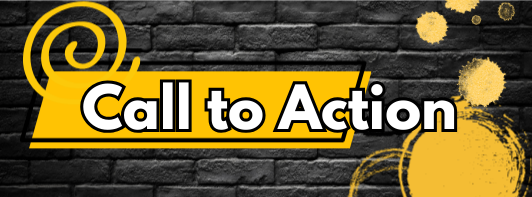
On February 17th, the Fire Horse energy officially begins, and I’m hosting a Year of the Fire Horse Virtual Challenge for women. It’s a 5K, 10K, half marathon, or marathon—done virtually, at your pace, in your way. This isn’t about speed or perfection. It’s about momentum. Accountability. Community. About proving to yourself that you can start before everything feels perfect.
To Join the Virtual Challenge click HERE
Get 30% of when you use the discount code: JOLLY
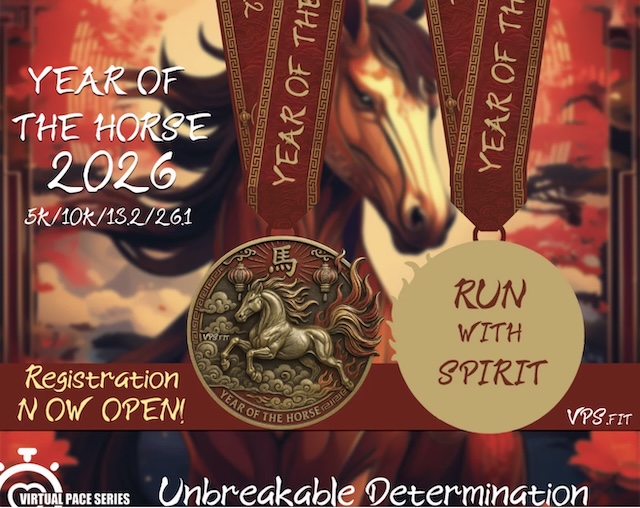
Waiting doesn’t have to be your full-time job.
This episode is a call to stop postponing your life. To stop telling yourself you’ll start when conditions improve. To recognize that leadership begins the moment you decide to move—even if that movement is small, messy, and imperfect.
You don’t need permission to live fully. You don’t need your circumstances to cooperate. You just need to decide that waiting no longer gets to run the show.
This is your year to lead.
Not tomorrow. Not when it’s easier.
Today.
I’ll be right here, walking it with you.
And as always,
Be Healthy,
Be Happy,
Be YOU!!!
Much Love,

